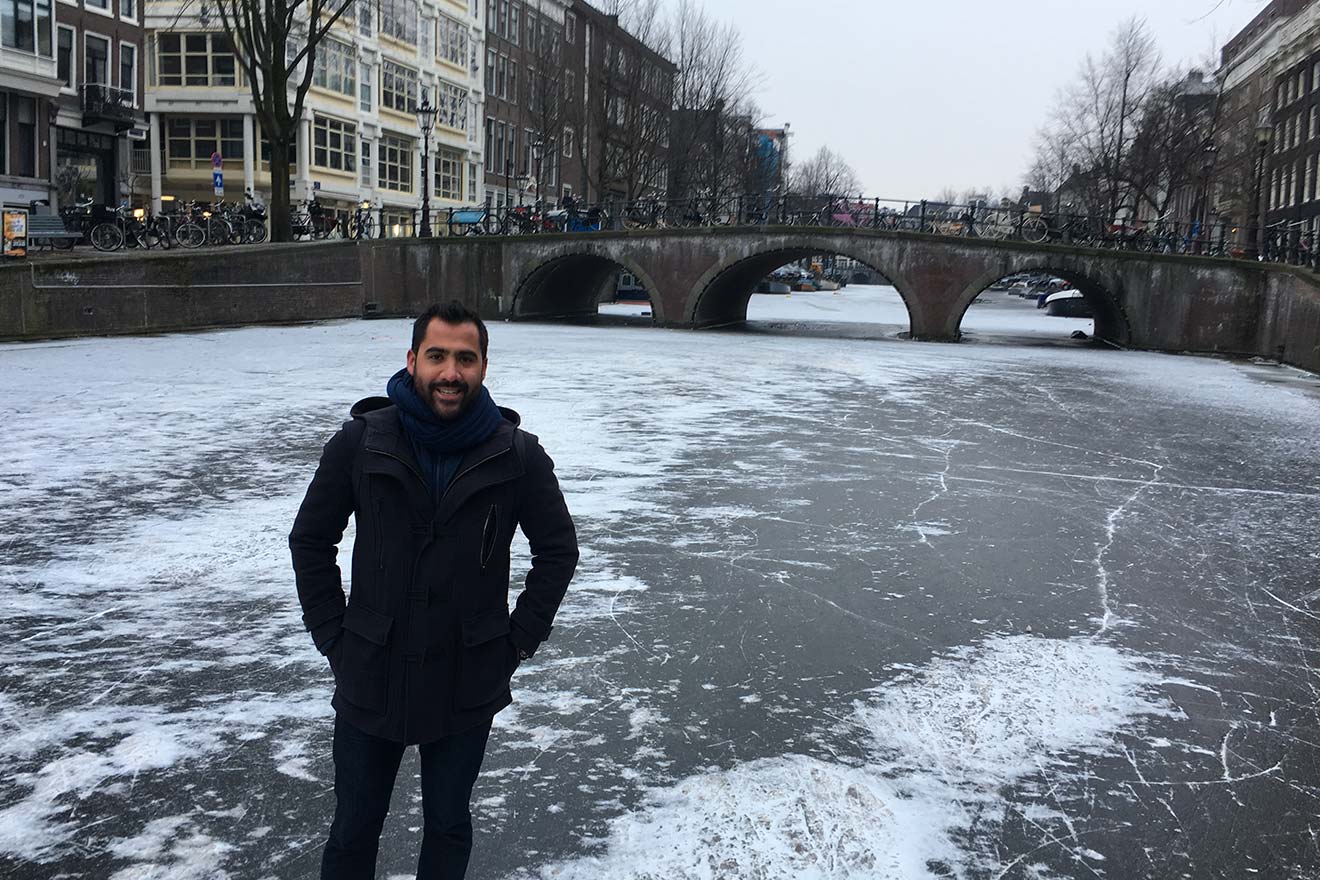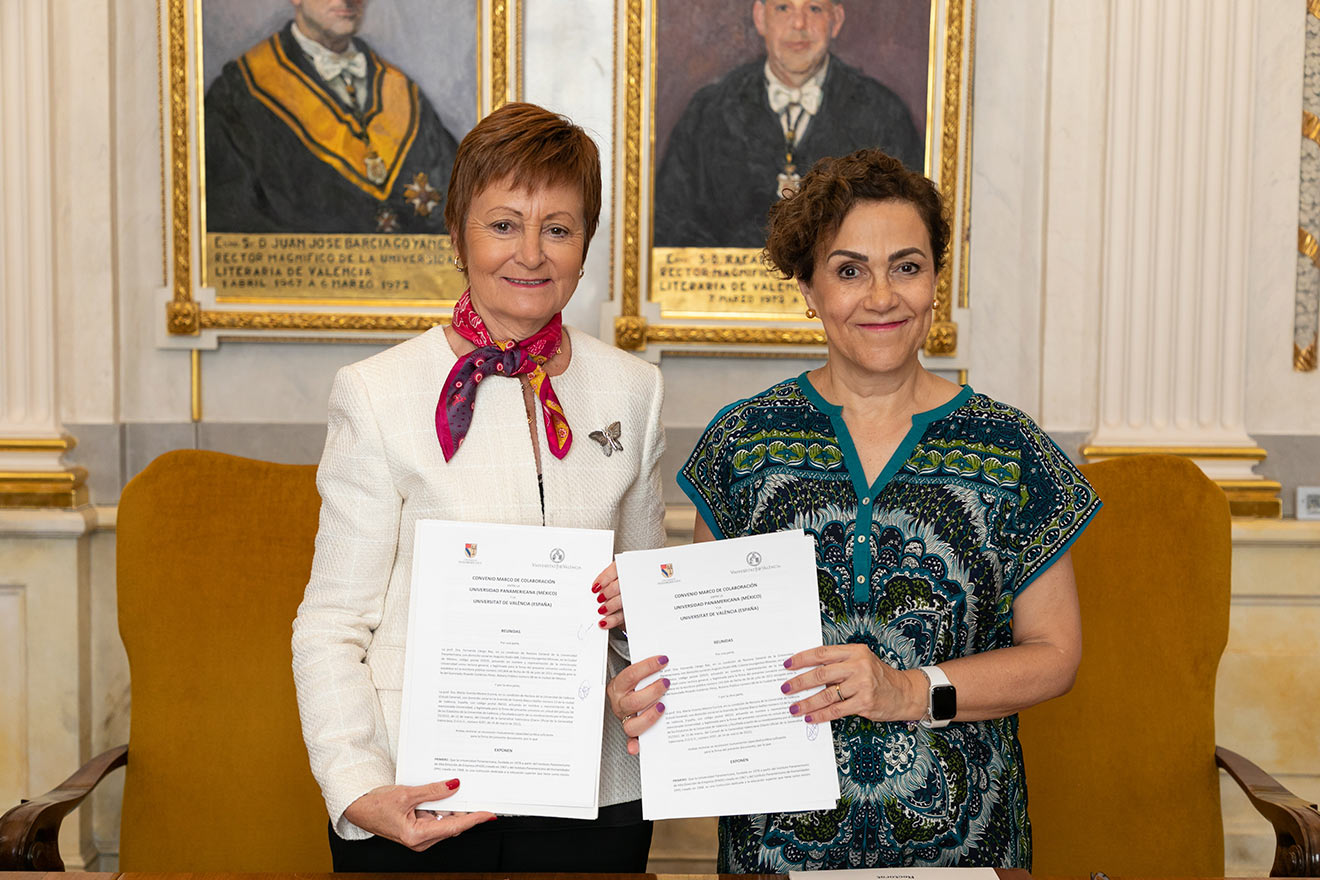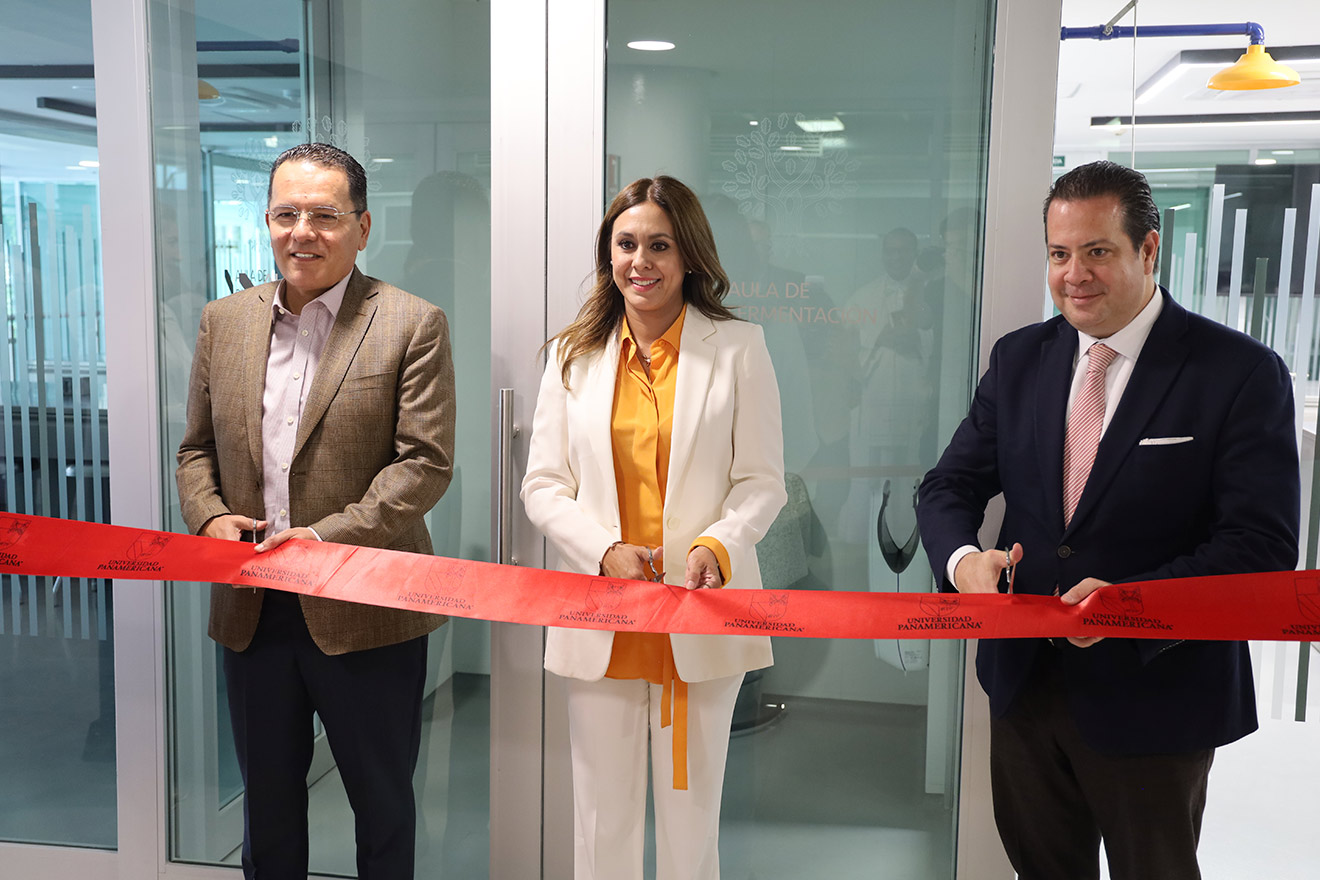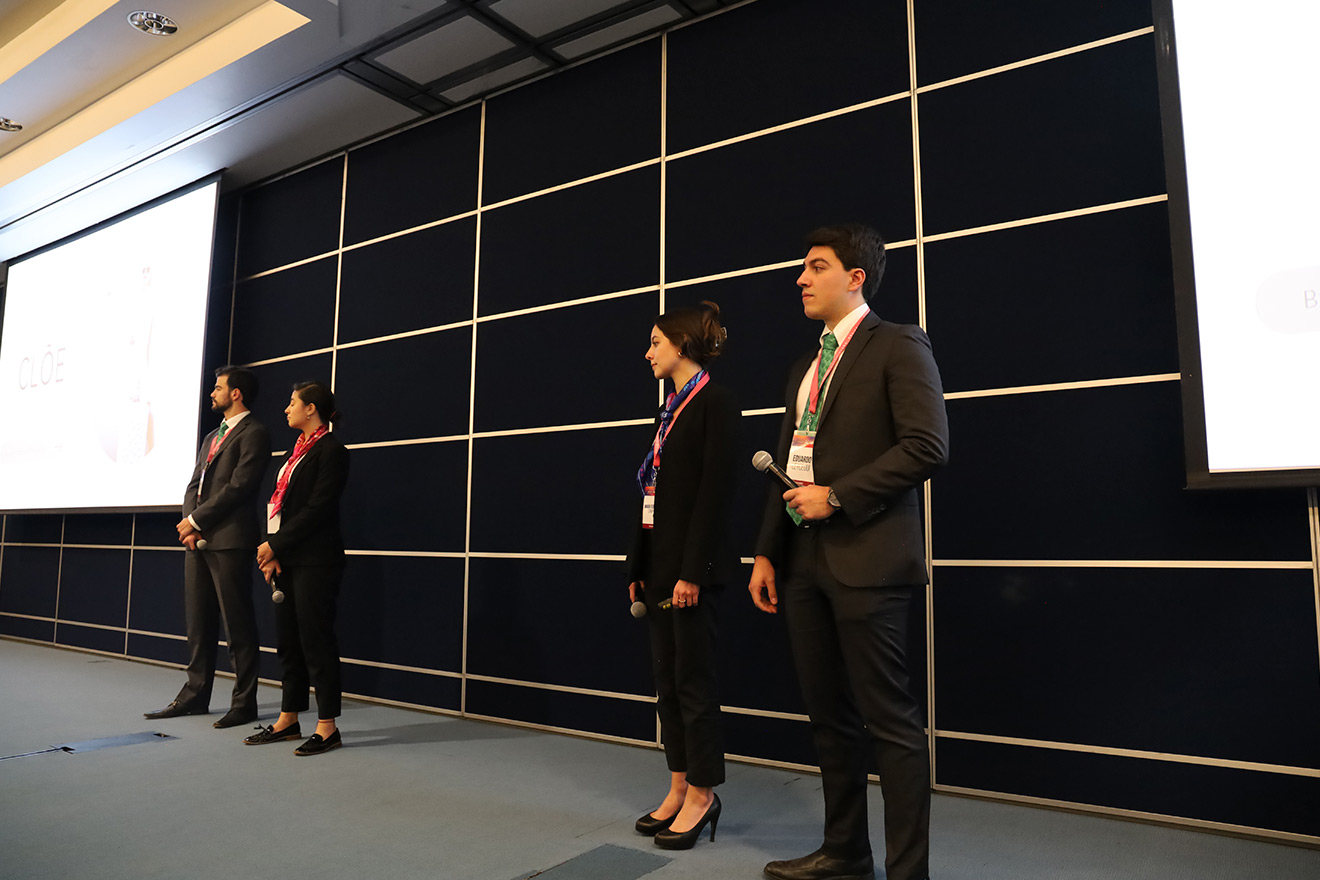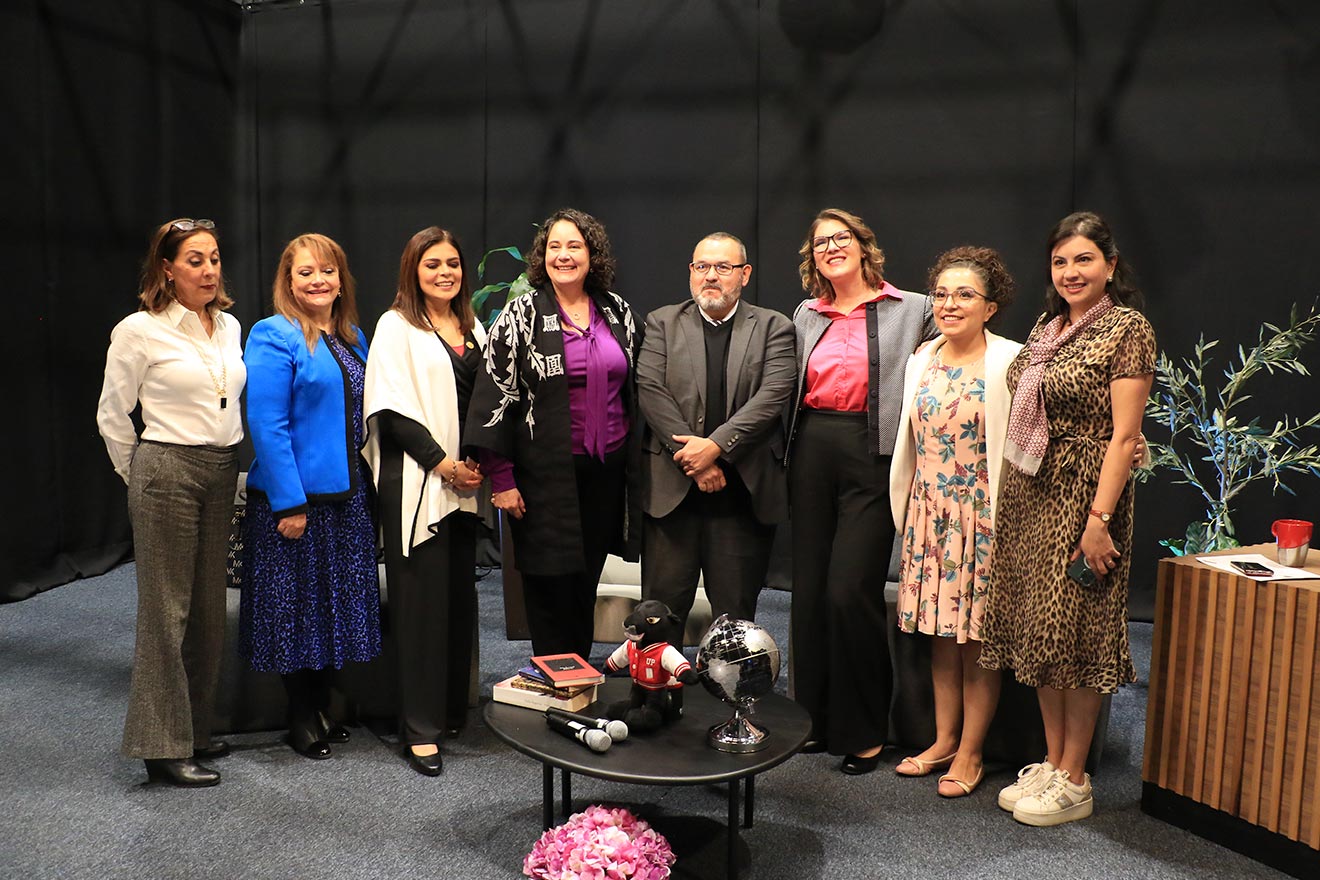Mexico City, June 16, 2023.- Personalities from the healthcare sector came together to discuss the synergy between technology and quality, in search of excellence in service within healthcare institutions. This took place in the panel Excellence in Medical Care: leadership, technology and qualityorganized by ESDAI School of Hospitality Graduate Programs of the Universidad Panamericanaheld at Sede Santa Fe.
Dr. Enrique Ruelas, president and director of the International Institute for Health Futures; Dr. Roberto Tapia, general director of the Carlos Slim Foundation; and Dr. José Luis Pohls, general director of Hospital Ángeles Pedregal, with the moderation of Nathalia Balderas, project advisor at Healthcare.
Key elements of medical care
Speaking about the key elements for providing excellent medical care, Dr. Ruelas said: "When you talk about excellence, you are talking about the service you have to provide to your patient and his or her family, which is person-centered care," he emphasized.
In this regard, he explained that excellent care "means safety in care; timeliness, giving you the service when you need it, not when you can; effectiveness, achieving what is proposed, having the effect of what is expected when you do it; efficiency, no longer understood as doing more with less, since that perspective can cause more harm than good (...) efficiency is minimizing waste".
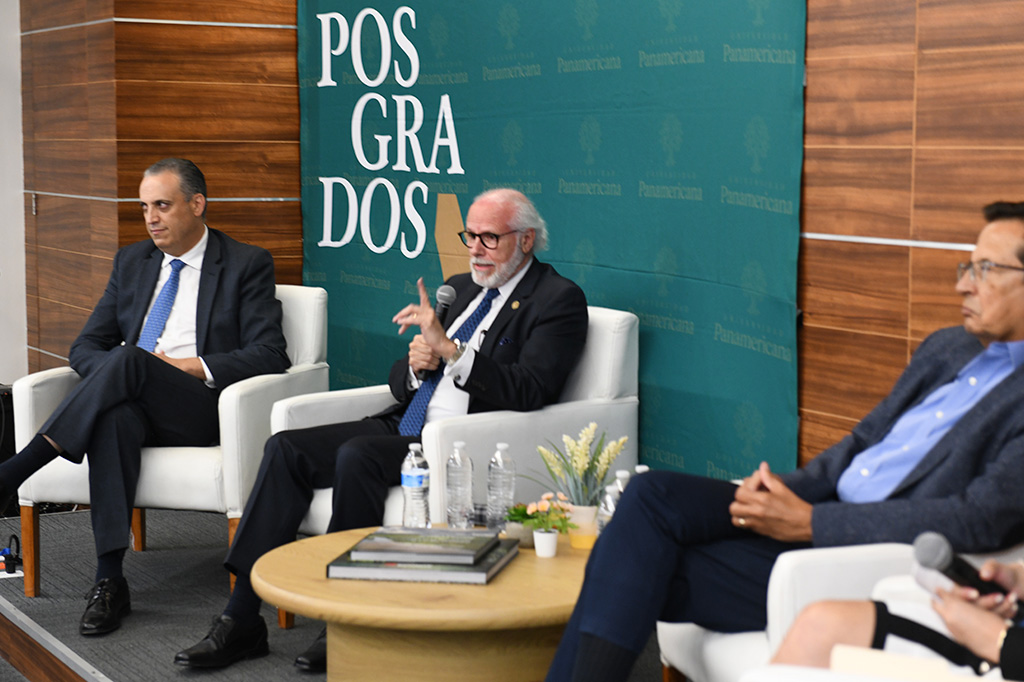
Confidentiality of information
Dr. Pohls added on the same issue: "in the environment of excellence and quality, patients' families are looking for an environment that gives them security in terms of care, but also guarantees their rights and (care of) their information. (...) we have to think about the whole environment surrounding the patient".
Dr. Tapia explained that with the use of the Internet and new technologies, patients arrive with a lot of information about health services and therefore, after receiving the services, there are many comparisons in terms of expectations and reality.
As for confidentiality, he said: "today the standards are equal to or higher than those of the financial system (...) We are in an era of great care in which systems can no longer be handled so lightly (...)".
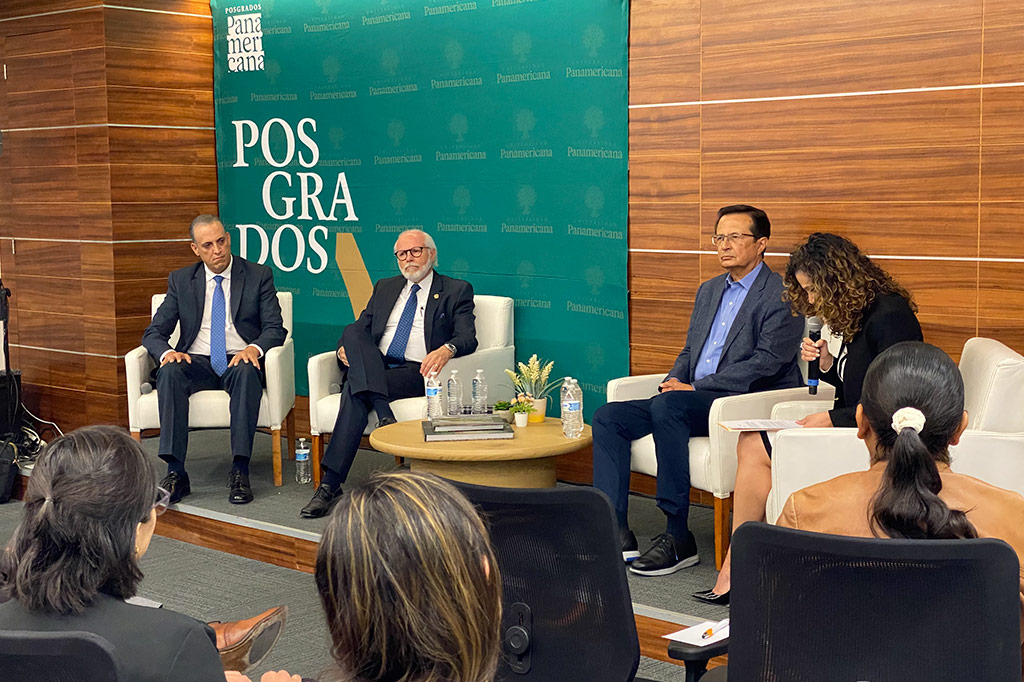
Artificial intelligence
Dr. Tapia pointed out: "I believe that what technology is leading us to today is to have a measured or controlled capacity to be proactive, to anticipate the diagnoses and risk conditions of the populations. In other words, we no longer have to wait for the person to arrive at the medical unit to make a diagnosis".
He also added: "Artificial intelligence (AI) is not only everything we have seen in the media, it is the ability to use different databases at the same time, basically it uses the entire Internet and everything that can be a source of information".
"With all that you can make bases of vulnerability, regional, population... and then enter into the possibility of anticipating what risk conditions they may have (...)," he said.
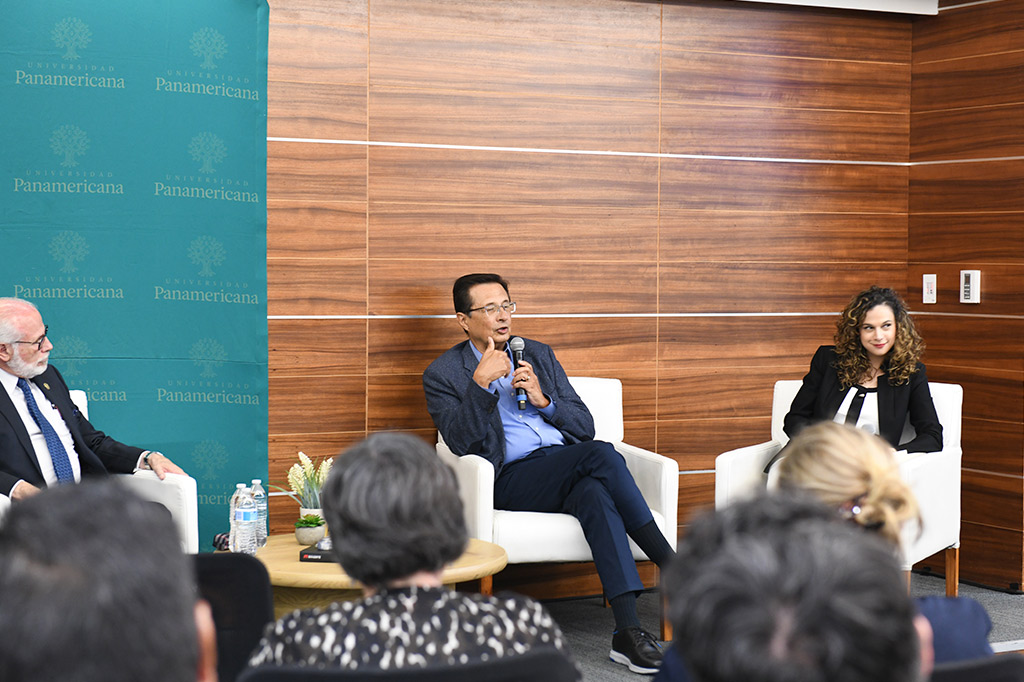
Increased medical interaction
In addition, he indicated that these advances have also changed the doctor-patient interaction and said that "the definition of quality is going to change, because you will have to consider all the elements that go beyond personal interaction and empathy.
On the same subject, Dr. Pohls added: "In order to take steps forward we are going to have to use these technological tools (...) I believe that AI will help us reach better and more timely conclusions for patients(...) We must work on the resistance to these tools and not see them as an enemy of medicine".
He also added that it is important to train people so that they have the skills required to use these platforms: "These state-of-the-art platforms will be of no use to us if the people who are operating the hospitals do not know how to use them (...) I don't think they are here to replace the work of the people, but to complement it in order to make better decisions".
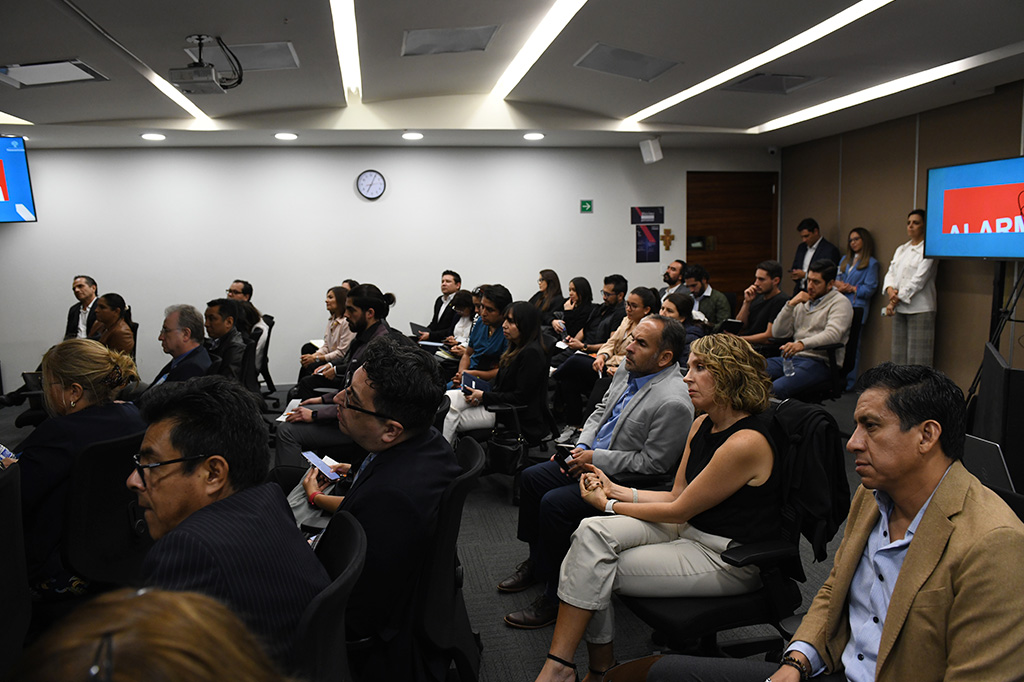
Competencies to be developed
When asked about the competencies that healthcare professionals will have to develop with the development of technology, Dr. Pohls said that it is necessary for physicians to acquire technical and professional knowledge and skills related to management, to adapt to change and to develop soft skills .
Dr. Tapia pointed out that the great challenge is the assimilation of knowledge and the curatorship required; on which Dr. Ruelas concluded: "We are no longer in times of trying to know about everything, but to learn from everything".



